Harnessing AI for Environmental Solutions: From Waste Reduction to Sustainable Farming
Artificial intelligence (AI) is increasingly being recognized for its potential to address some of the most pressing challenges facing humanity, including climate change. However, there are concerns regarding AI’s energy consumption, which is significantly high — for instance, a single search on ChatGPT reportedly consumes about ten times more energy than one using Google. This has raised alarms that AI could hinder efforts to reduce reliance on fossil fuels.
Climate scientist Michael Mann expresses concern that the energy demands of AI may lead countries, particularly major energy consumers like China, to balance renewable investments with continued fossil fuel reliance, stating, “Even if we make substantial progress decarbonizing our energy systems, countries might hedge their bets by continuing to build coal power stations to ensure energy supply.”
Conversely, there are voices advocating a more optimistic view. Bill Gates has suggested that future AI technologies could empower businesses to minimize waste significantly, thus providing a net positive impact despite their energy usage. During a conference in London, Gates remarked, “Data centers add about 6 percent to energy demand, but I believe AI can lead to over a 6 percent reduction in total energy usage. The positive impacts are certainly plausible.”
According to a report by PwC, integrating AI into various sectors could potentially decrease global greenhouse gas emissions by 4 percent by 2030 while concurrently boosting GDP by 4.4 percent. AI applications could assist farmers in optimizing planting schedules, manage renewable energy production effectively based on environmental conditions, and alleviate traffic congestion through autonomous vehicle technologies.
AI’s strength lies in its capability to analyze extensive datasets and identify underlying trends. This article highlights innovative UK-based AI companies that are leveraging this capacity to reduce waste, lower carbon emissions, and accelerate the journey towards net-zero emissions.
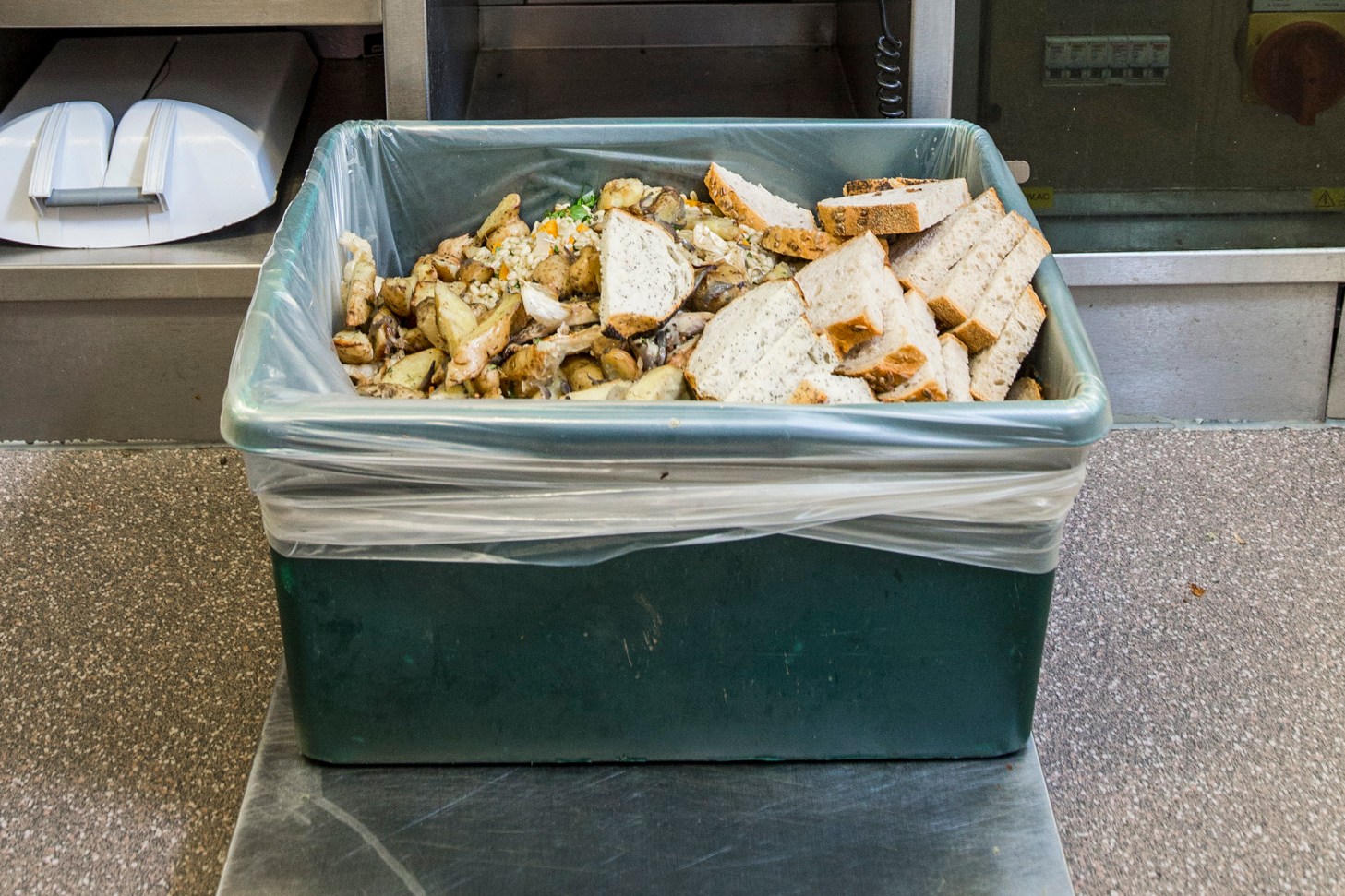
Winnow
Established in 2013 by Marc Zornes and Kevin Duffy, Winnow develops technology aimed at reducing food waste in the catering sector. Their AI-enabled bin system, which combines cameras and scales, can identify discarded food items with over 80 percent accuracy. This allows kitchen managers to adjust their purchasing decisions based on real-time data, thus saving money while minimizing waste.
Zornes remarked, “Society has historically lacked quality data on food waste, but with AI, we can systematically gather insights into this issue that previous methods overlooked.” Currently, Winnow’s technology is implemented in 2,700 kitchens across 85 countries, reportedly saving customers approximately $70 million annually.
Producers Direct
Utilizing AI’s photo recognition capabilities, Producers Direct — a co-operative supporting over a million smallholder farmers globally — has developed a system that analyzes crop photos. This allows farmers to predict coffee harvests and make informed decisions about labor requirements during the harvest season. The program also helps farmers determine effective agricultural practices tailored to their specific environments.
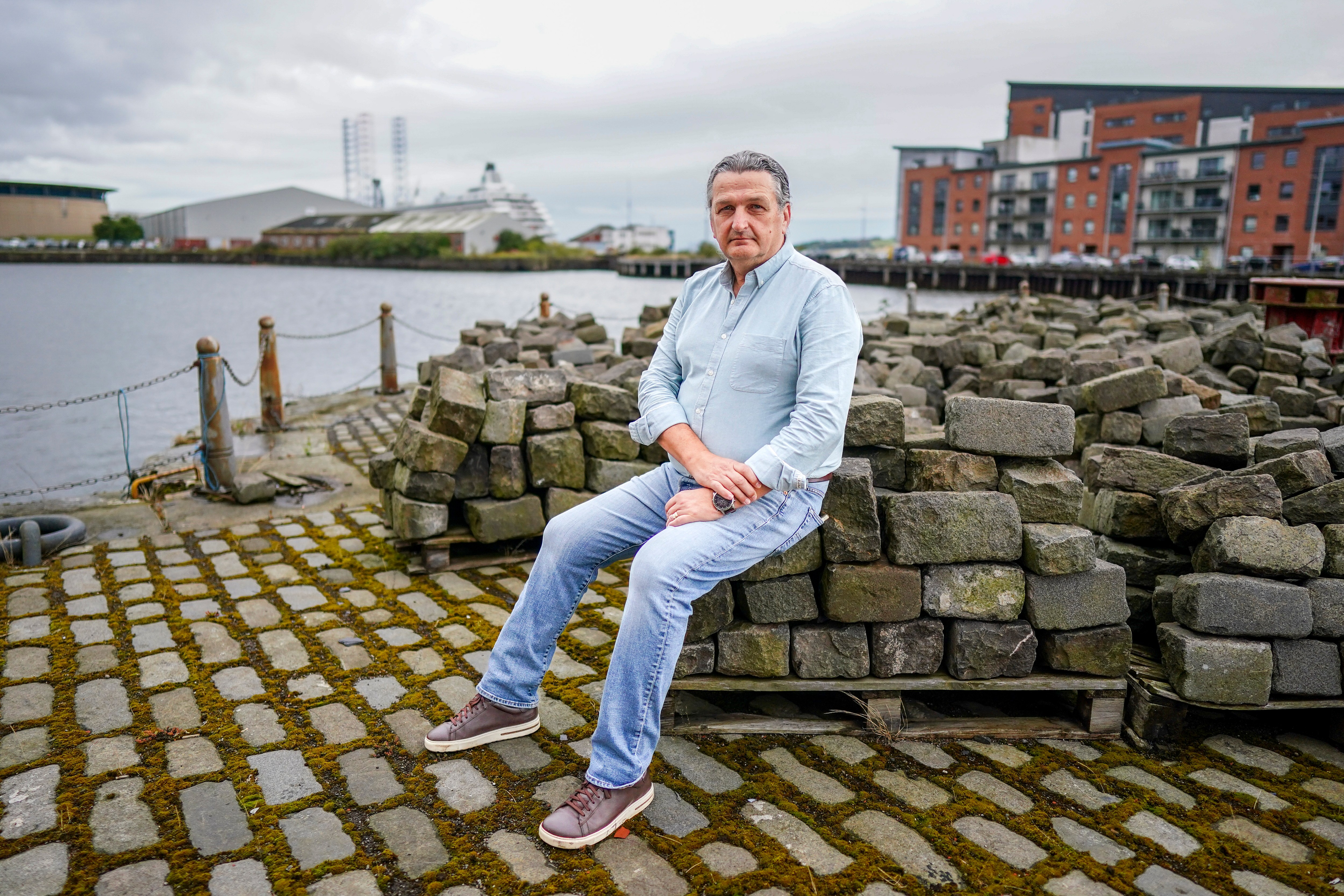
Ace Aquatec
In the realm of aquaculture, Ace Aquatec is employing AI to monitor the health of farmed salmon in Scotland. The salmon farming sector faces scrutiny over its environmental impact, such as sea lice infestations and algal blooms caused by waste. Ace Aquatec’s camera systems can identify health issues and overfeeding in fish before they escalate, using vast data collection to enhance efficiency and resource management.
Keith Davidson, the company’s chief technology officer, explained, “Our ability to collect extensive data makes it challenging for human analysts to interpret it all. AI is instrumental in identifying patterns and improving operational efficiency in ways that may not have been previously considered.”
Rovco
A groundbreaking application of AI is being seen in the detection of unexploded ordnance from wars beneath the North Sea, a significant hurdle for energy companies aiming to expand offshore wind capacities by 2030. Previously, identifying and clearing these bombs could take over two years; however, Rovco, a marine surveying company from Bristol, has reduced this timeframe to merely a few months through advanced AI systems capable of pattern recognition.
Joe Tidball, co-founder of Rovco, noted the industry’s growing skills shortage and emphasized the importance of AI in enabling current personnel to handle more extensive workloads efficiently.
Arabesque Asset Management
As sustainable investing gains traction, many investors seek to support environmentally friendly initiatives. Arabesque Asset Management, founded by former Barclays managing director Omar Selim in 2013, has created AI that processes vast amounts of required corporate environmental data, empowering wealth managers to identify sustainable investment opportunities. Selim stated, “Machine learning streamlines the process of considering sustainability factors, making it less cumbersome and more effective.”
According to Selim, portfolios managed through Arabesque AI have outperformed those managed traditionally 70 percent of the time, showcasing the transformative potential of AI in sustainable investment practices.
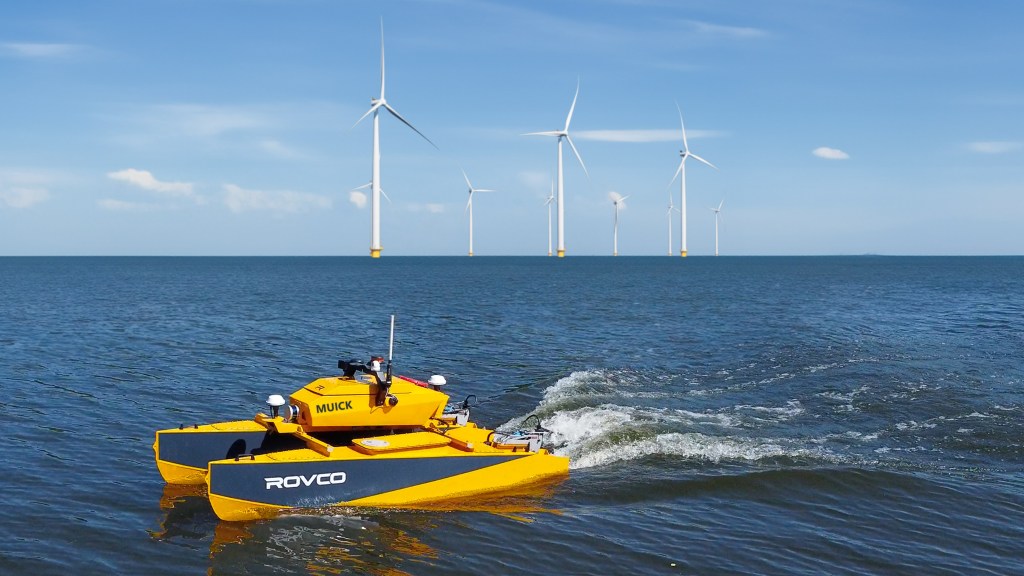
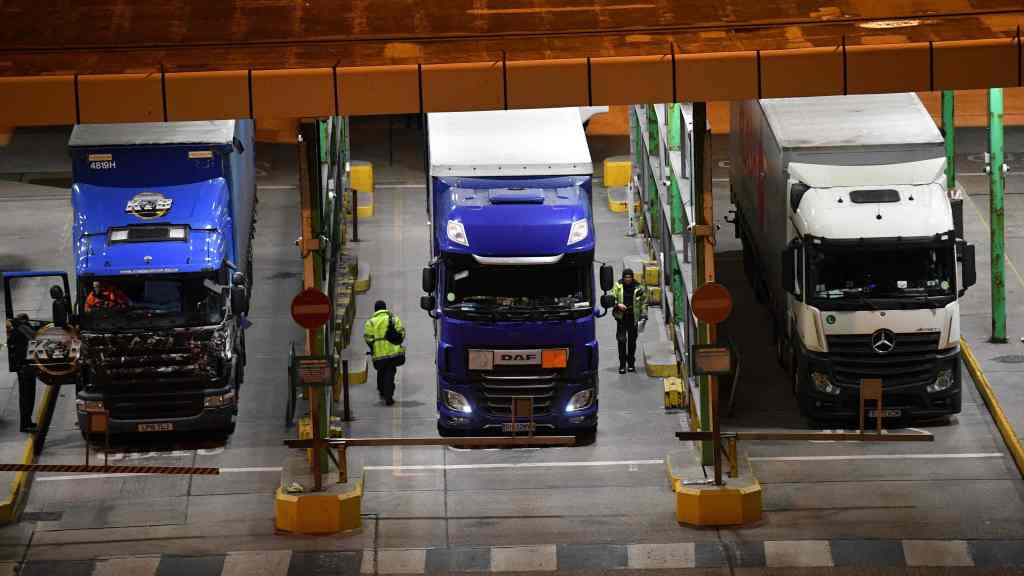

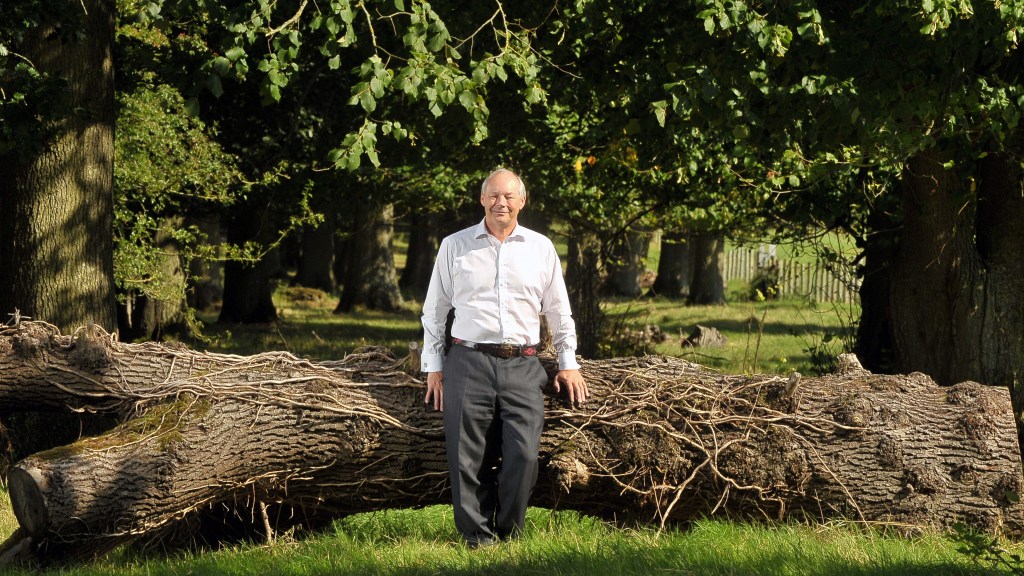
Post Comment